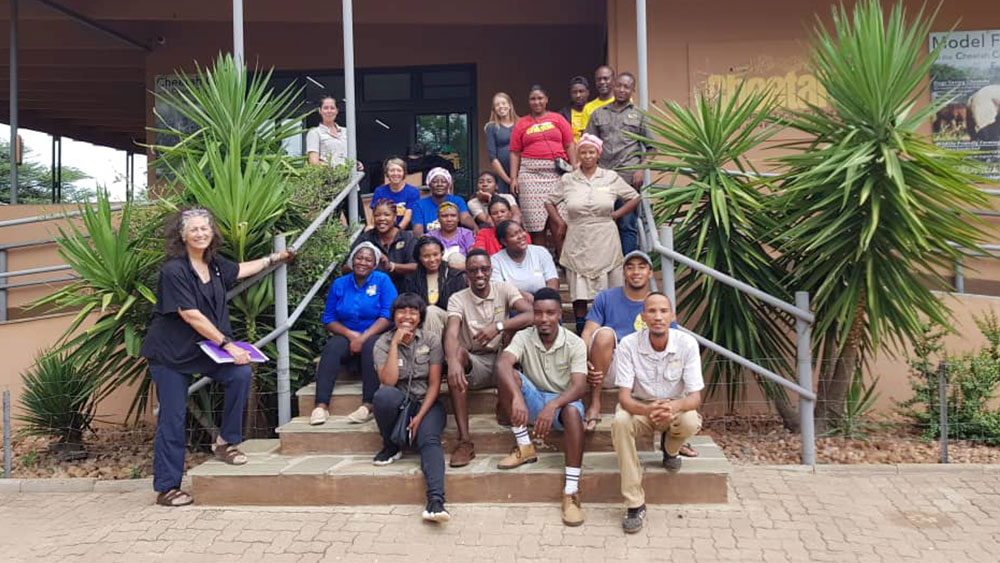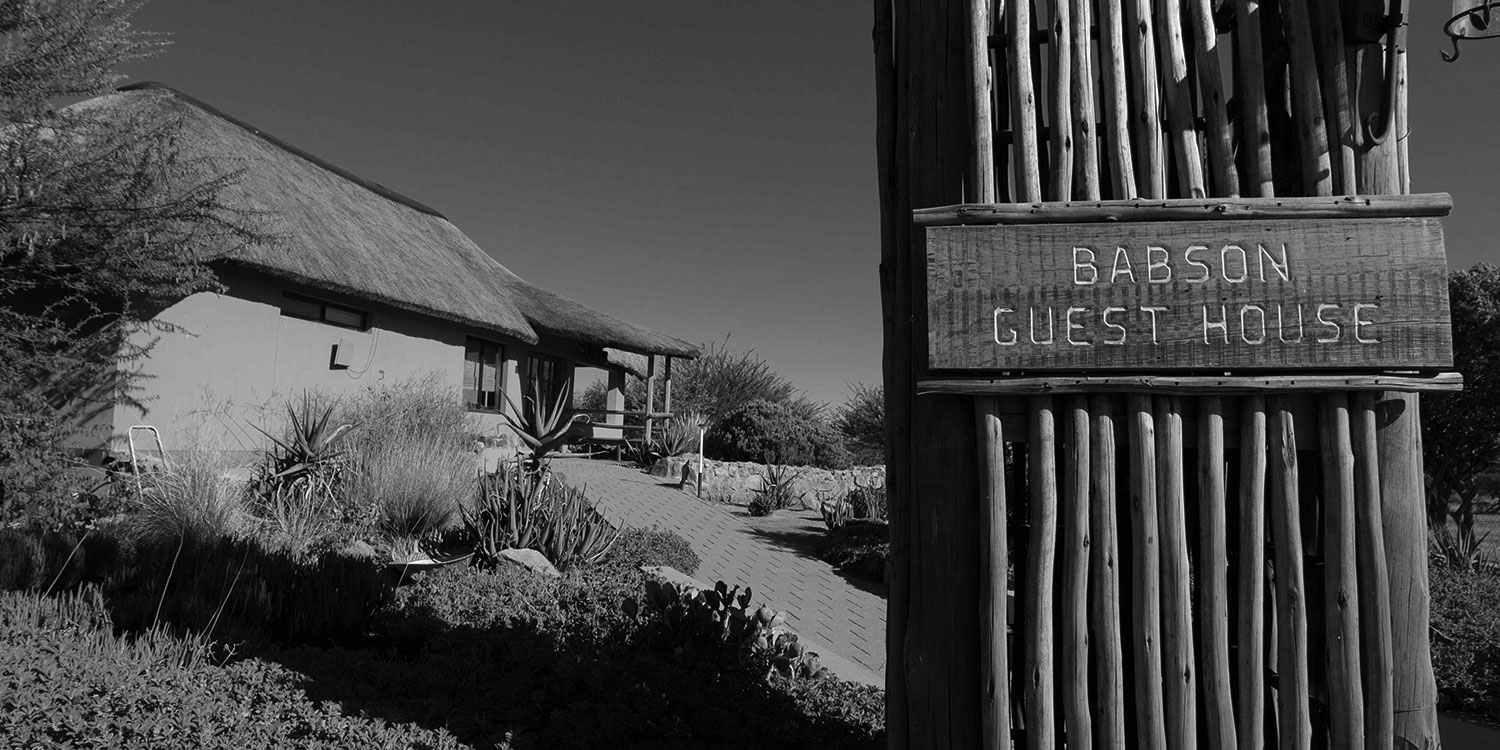For the First Time CCF Closes its Doors to Visitors
-

- by Dr. Laurie Marker March 18, 2020

Since CCF set up its Research and Education Centre in 2000, only one day per year is set aside to close to visitors and overnight guests, December 25th. Even when our Visitor Centre burned down to the ground in 2013, we welcomed visitors the very next day. So this is a very big deal.
Over the past 30 years, CCF has made a name for itself as a unique conservation organization. Our uniqueness comes in part due to the singular nature of the species we are focused on saving. The cheetah lives mostly outside of national parks and protected areas, sharing its space with humans and their livestock across its range. Unfortunately, the result of close proximity between a predator like the cheetah and the mostly rural, farming community is human-wildlife conflict. To mitigate the effects of conflict, CCF has developed a suite of outreach tactics focusing on education at all levels.
On March 17, 2020 CCF’s educational outreach efforts were put on hold for the first time since our educational programs began in 1993 and the opening of our Research and Education Centre in 2000. The COVID-19 pandemic has affected our efforts to reach the farming community, Namibian students, University students from around the world serving as CCF interns, and the tourists that visit our Centre for a conservation-focused experience. While we will miss our work within the community for this hopefully short period of time, we cannot put countless farmers, students and tourists at risk, nor can we put our invaluable Namibian staff members at risk. What we CAN do and what we will continue to do is keep our Centre running though not open to daily visitors. Our core staff and core programs will continue.
CCF will continue to move our genetics research forward. CCF’s laboratory is one the safest places to be right now, and we have many samples to process in our pursuit of a complete picture of the wild population of cheetahs across Africa. During this ‘down’ time, we will continue to develop new lessons and educational outreach strategies to reach even more students than we did before when we can get back on the road.


We will continue to provide care for the 39 resident cheetahs living here at our Centre in Namibia as well as the 34 cheetahs at our Centre in Somaliland. And, we will continue to work on our model farm – managing CCF’s livestock, livestock guarding dogs, creamery and gardens that serve as the training facilities for countless farmers and students each year. We want to assure all our supporters that though we have had to make some unprecedented changes, we ARE continuing our work to save the cheetah.
March 21st all of Namibia will be celebrating our countries 30th anniversary of Independence – but, we will be doing it in not public events, like the rest of the world. We will continue though to keep in touch with farmers and communities and provide services as needed to help reduce conflict and work to live in harmony with cheetahs and livestock. We can live together!
As a way to continue our educational outreach, we are offering our Teacher’s Resource Guide – A Predator’s Role in the Ecosystem for FREE to download. Please use it with your kids or share it online with your friends and any teachers you know. There are many great lessons and activities developed by CCF’s educators in this guide that is focused on kids between the ages of 11 – 14. There’s lots to keep you occupied. We also have other free resources for a variety of age groups.
